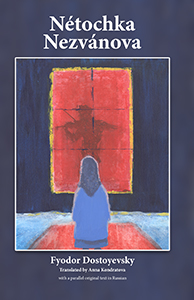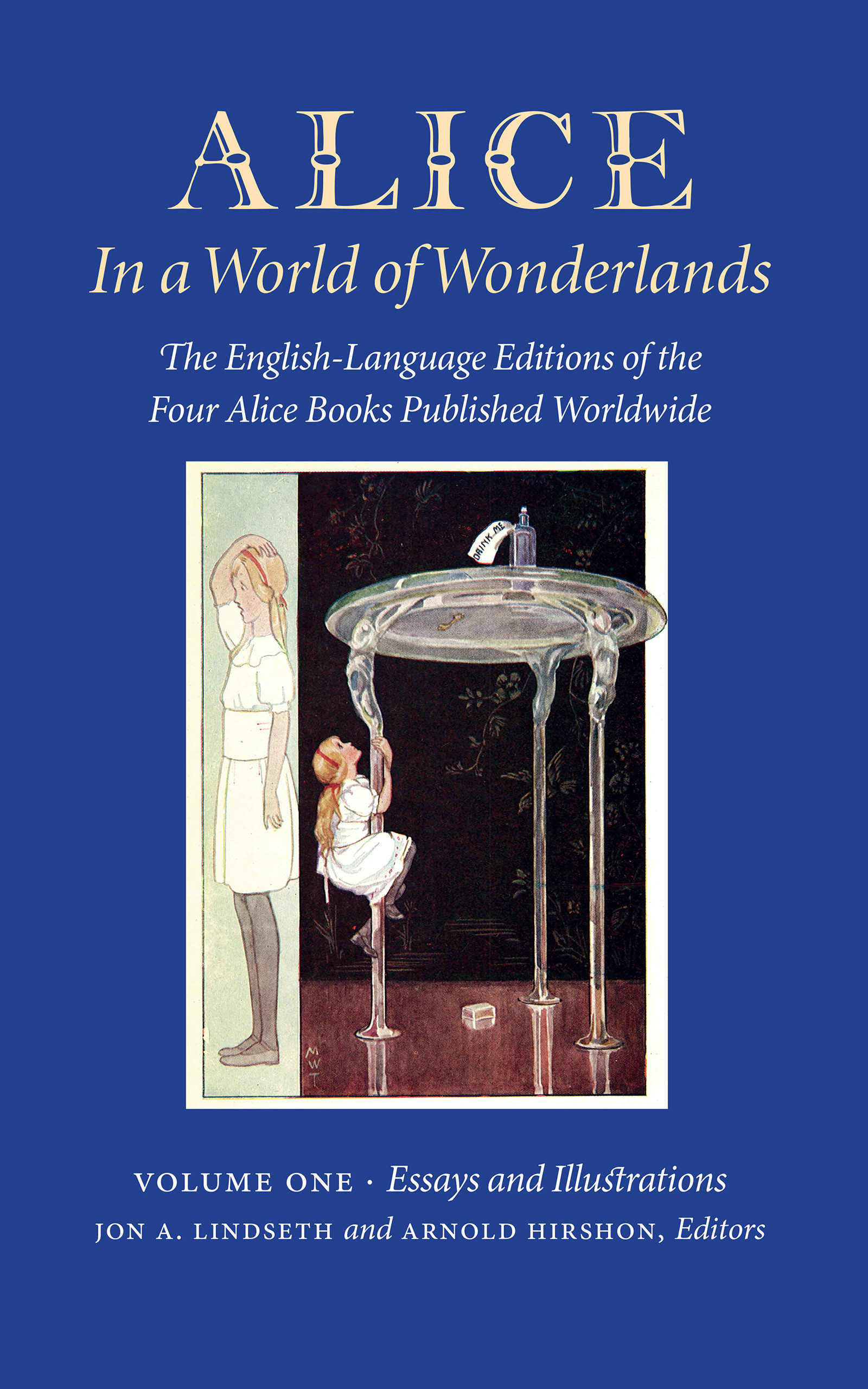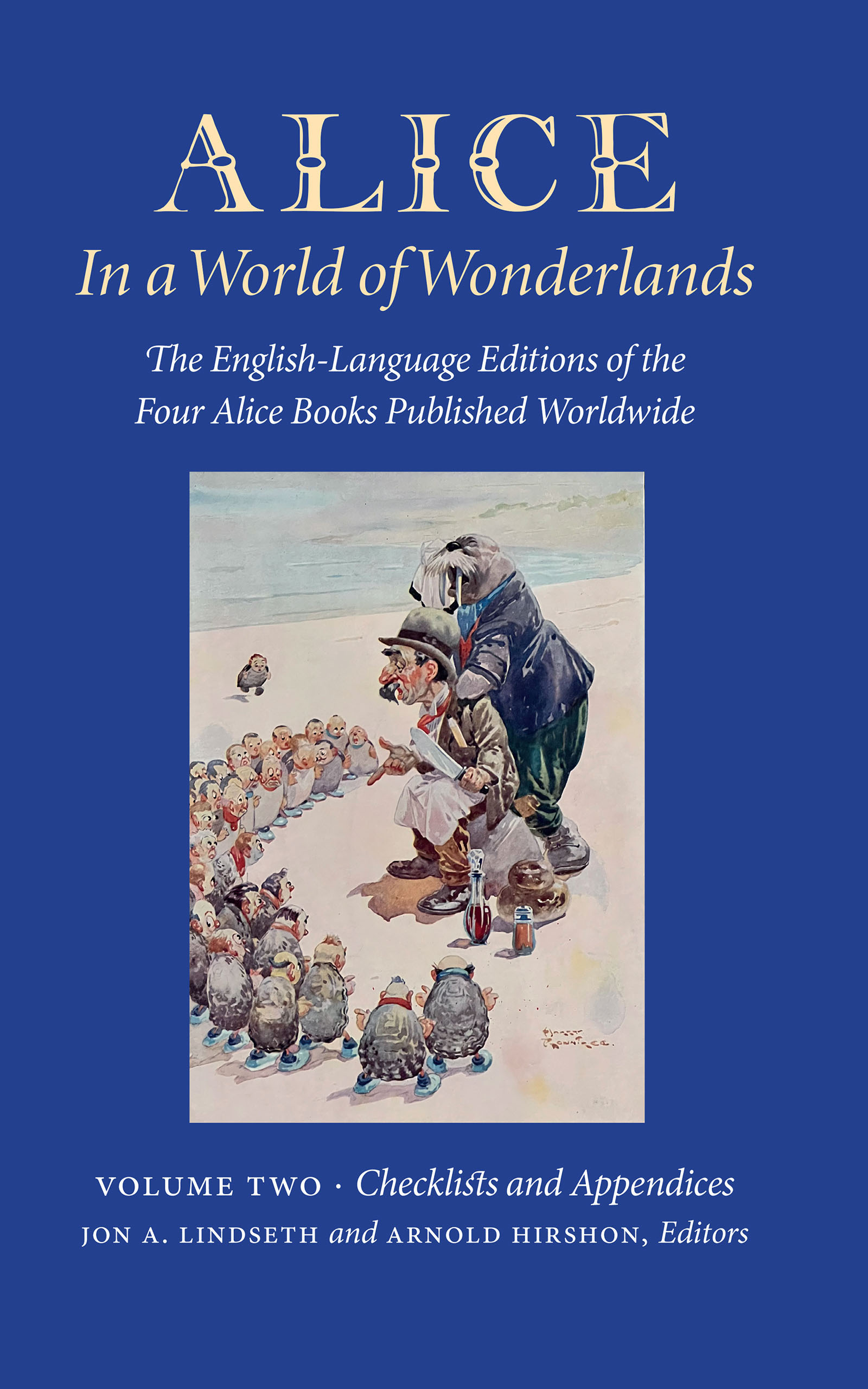Nétochka Nezvánova
 Nétochka Nezvánova is Fyodor Dostoyevsky’s first attempt at a full-scale novel. The work was left unfinished due to a series of tragic events: arrested for his involvement in a utopian socialist circle and accused of subversive activities, the 27-year-old writer was sentenced to death, which at the very last moment was commuted to hard labor followed by compulsory military service in Siberia. This consumed a decade of his life, and ultimately catalyzed a profound spiritual transformation that influenced the great novels to come. Remarkably, many of the themes that Dostoyevsky would develop later, and many of his favorite character archetypes, appear throughout this early work—but perhaps are treated with the lighter heart of a young person who has not yet gone through all the circles of hell that awaited him in the immediate future.
Nétochka Nezvánova is Fyodor Dostoyevsky’s first attempt at a full-scale novel. The work was left unfinished due to a series of tragic events: arrested for his involvement in a utopian socialist circle and accused of subversive activities, the 27-year-old writer was sentenced to death, which at the very last moment was commuted to hard labor followed by compulsory military service in Siberia. This consumed a decade of his life, and ultimately catalyzed a profound spiritual transformation that influenced the great novels to come. Remarkably, many of the themes that Dostoyevsky would develop later, and many of his favorite character archetypes, appear throughout this early work—but perhaps are treated with the lighter heart of a young person who has not yet gone through all the circles of hell that awaited him in the immediate future.
The unfinished novel contains three poignant and gripping stories about the growth and transfiguration of the human soul from its first moments of self-awareness. Each tale is a special love story, imbued with profound insights into the psychology of childhood. The first story portrays the fervent, at times almost motherly, affection of the eight-year-old Nétochka for her stepfather, a tormented musical genius, while also dealing with the theme of an artist’s path and destiny. The second story explores the awakening of tender feelings toward a peer – a girl of the same age – portraying the overwhelming and powerful energy that characterizes first relational experiences. The third, unfinished story follows the heroine’s entrance into the complicated world of grown-ups, as she witnesses the tragic consequences of illicit and socially transgressive love that befall her ill-fated guardian, a young married woman. Dostoyevsky’s intense and dramatic storytelling genius is on full display, along with touches of his delightful sense of humor.
This new English translation of Nétochka Nezvánova is based on the original version of the novel, published in 1849 over three issues of the literary journal The Fatherland Notes. It retains the journal format and includes the passages omitted in previous English translations (all of which are based on the later, revised text published as a separate book in 1861). We hope that publication of the translation in parallel with the original text will help readers familiar with the Russian language to further experience and enjoy Dostoyevsky’s work.
It is translated by Anna Kondratova with illustrations by Yelena Kondratova and essays by Anna Kondratova & Jon A. Lindseth.
eBook



